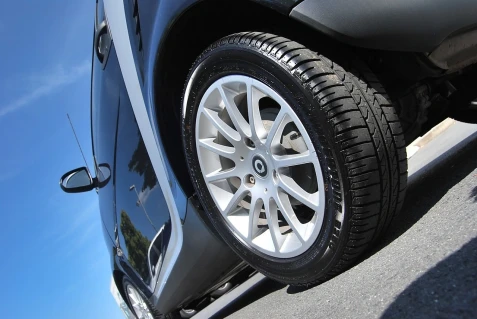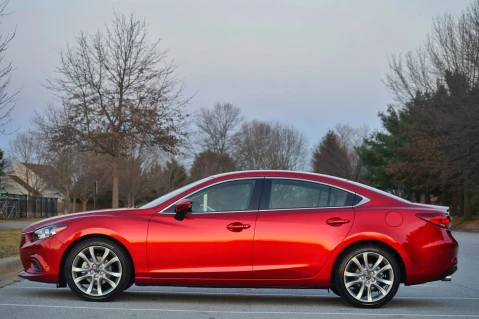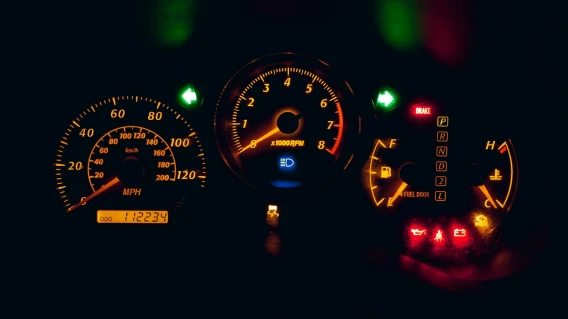What is my paint code by VIN? This is one of the common questions asked by a car owner who wants an accurate match of the color of their vehicle. The car's paint code is very important, especially when doing small touch-ups or repainting the entire car. Most people believe that the VIN is rich in information and can establish the paint code of your car. This article explores whether one can get the paint color of a vehicle through the respective VIN. We'll also discuss other methods to find your paint code, ensuring you have all the information needed for your automotive needs.
What Is a Car Paint Code?
A car paint code is an identification number assigned to the exact color of your vehicle. This code is useful for obtaining any exact color name and shade that may be needed for any type of touch-up or repair work. The vehicle paint code is essential for maintaining the original look of your car. It allows paint suppliers to match the exact color of my car, ensuring consistency and quality. Without the correct paint code, achieving an exact color match can be challenging. Understanding your vehicle paint code is crucial for preserving the aesthetic and value of your car, just like getting your car serviced.
Why Do You Need to Know Your Car’s Exact Colour?
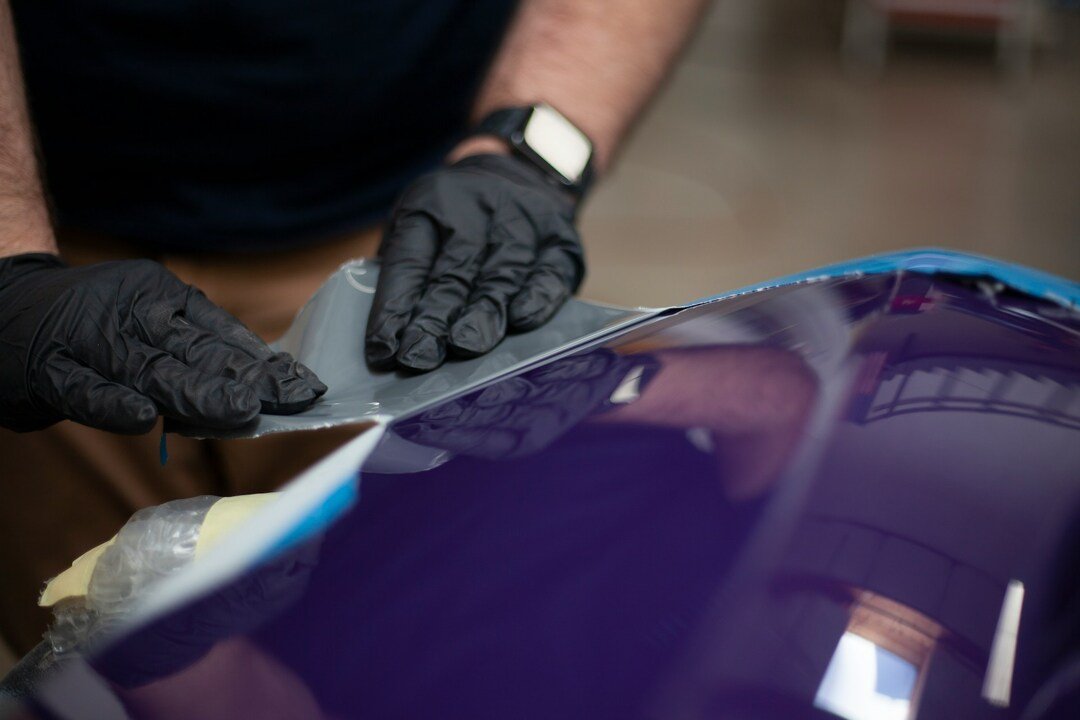
It is crucial to know the actual color of your car because you may need to fix a scratch or change the whole color; hence, you should be able to get the exact match. Identifying where is the paint code on your vehicle helps ensure accuracy. Using the precise color prevents unsightly mismatches that can reduce your car's value. On top of that, you help yourself when ordering materials for painting or repainting since it saves time and reduces expenses. In general, a vehicle's color is one factor that brings out the beauty of its appearance; therefore, this must be taken care of properly. In other words, the wrongness of the painting application will result in visible inconsistencies, making the vehicle appear not well-presented and taken good care of. Having the right color also simplifies communication with paint professionals.
How to Use a VIN to Find My Car’s Paint Code
Popular Locations to Find My Car’s Paint Code

Finding your car’s paint code location is essential for quick access to the correct color. Common places include the driver's side door jamb, where manufacturers often place the sticker. The glove box is another popular spot, offering quick access when needed. Under the hood, look on the firewall or near the radiator support for the paint code. The spare tire well in the trunk can also hide the paint code label. Checking these locations allows you to find the exact paint code without hassle. This ensures accurate color matching for touch-ups and repairs, preserving your car's original look.
Types of Car Paint Codes
Understanding the different types of car paint codes is crucial for accurate color matching. Below is a table outlining the various types of car paint codes and their uses.
| Type of Paint Code | Description | Common Usage |
| OEM Code | Original Equipment Manufacturer code from the car maker | Matching factory-original colors |
| Refinish Code | Codes used by aftermarket paint manufacturers | Aftermarket repairs and touch-ups |
| Color Code | General color identifier, often found in owner's manuals | General information and reference |
| Trim Code | Identifies specific trim and accent colors | Matching interior and exterior trim |
| Variant Code | Sub-codes for slight variations of the main color | Detailed matching for specific paint batches |
Tips on Matching the Paint Code to the Exact Color
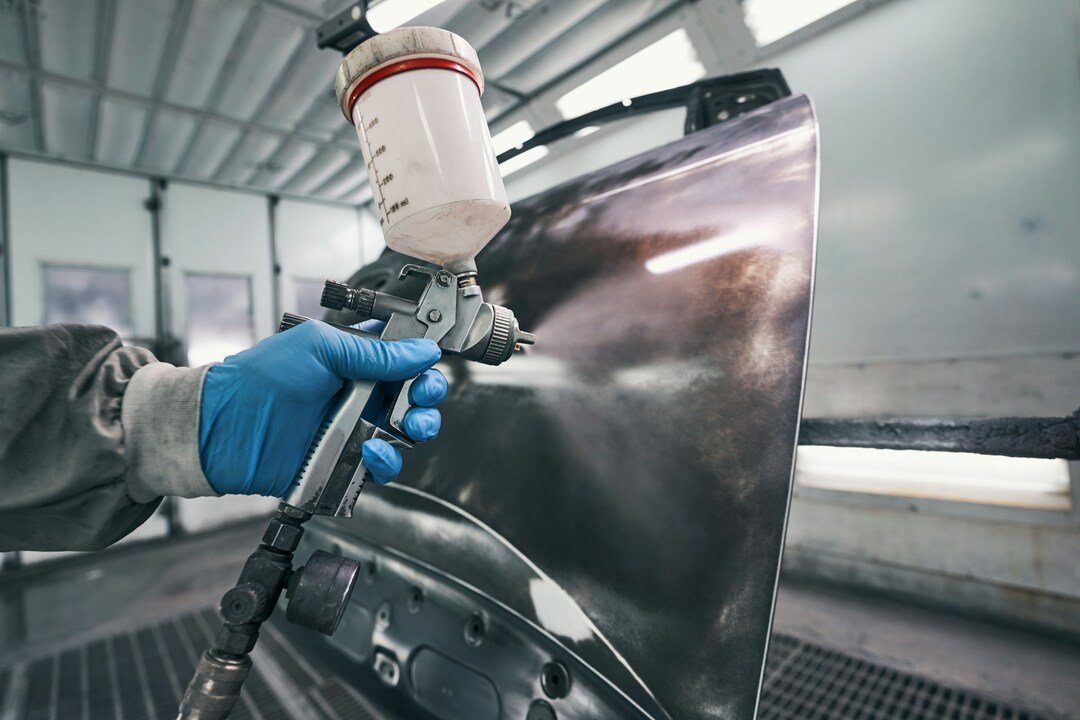
Matching the paint code to the exact color requires careful attention to detail. Start by verifying the paint code in multiple locations on your vehicle. This ensures accuracy, especially for exterior paint, which can be challenging to match. Consult with professionals who understand how to know the color of your car precisely. Be aware that some expensive types of paint may have unique codes or variations. Use high-quality paint products and follow the manufacturer's instructions closely. Checking the paint in different lighting conditions can help you achieve a perfect match. Always test a small area before committing to a full application. Important tips to remember:
- Clean the area thoroughly before applying the paint to avoid contamination.
- Use a primer that matches the type of paint you are using.
- Allow sufficient drying time between coats to prevent bubbling and uneven layers.
- Protect the newly painted area from the elements until it fully cures.
What If You Can’t Find the Right Touch Up Paint
If you can’t find the right touch-up paint, there are several steps you can take. Unfortunately, it’s not possible to check the paint codes by VIN to ensure you have the correct variation. Sometimes, manufacturers update codes, confusing when ordering paint. The best idea is to consult a professional who can mix paint to match your car’s specific shade accurately. If you're still having trouble, the best free vin check can provide additional details and previous service records. Custom paint shops can also create a match if standard options fail. Don’t rush the process; finding the right paint ensures a seamless and professional repair.
Further reading
Summary
Understanding your car's paint code is essential for accurate touch-ups and repairs. Whether you are searching for paint codes by VIN or checking popular locations on your vehicle, precision is key. Knowing where to find these codes and how to match them ensures your car maintains its original look. If you encounter difficulties, consulting professionals or obtaining a vehicle history report can help. Attention to detail and the right methods applied can help save you from mismatching and costly mistakes. Follow these useful tips for a perfect finish for your car, which can maintain its value and the general look Accurate color matching is essential for maintaining your vehicle’s aesthetic appeal.
Frequently Asked Questions
The easiest car paint color to match is typically white. White is less prone to noticeable variations, making it more forgiving for touch-ups and repairs.
Yes, this is OK. You can paint your car a different color. But you should be concerned with the cost and effort involved. For color change, it has to be repainted thoroughly in all areas of the vehicle, including the door jambs, under the hood, and so on.
Yes, you can paint over auto paint that is in good condition. The surface should just be properly cleaned, sanded, and primed first. If the existing paint is damaged or peeling, it would be best to remove it beforehand.
Car paint codes are not universal. Each manufacturer has its system for paint codes, and the same color can have different codes across brands.





